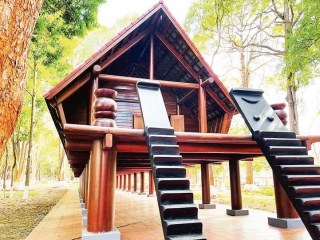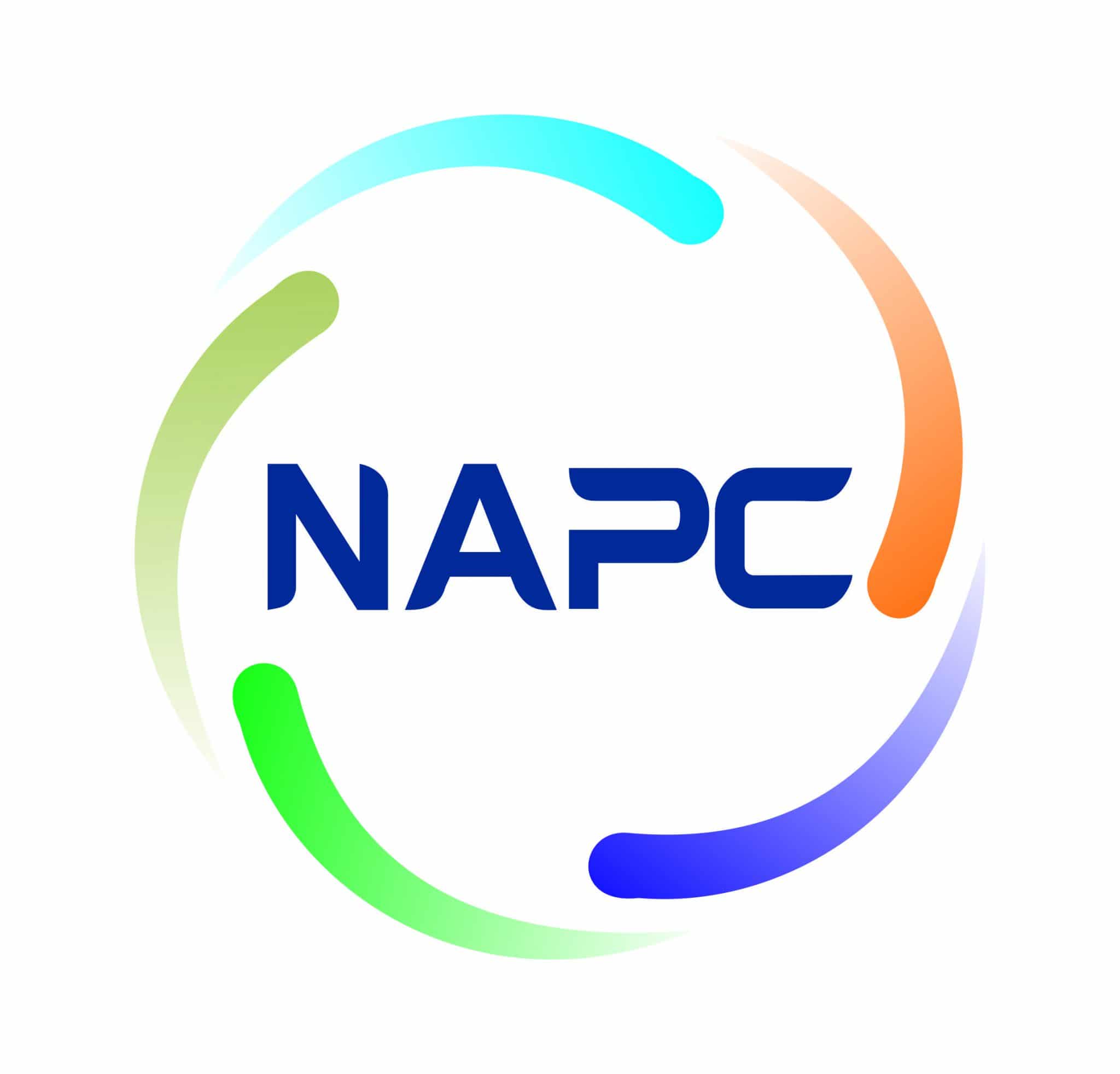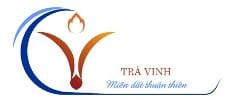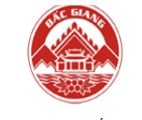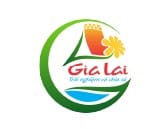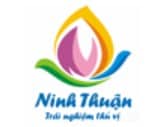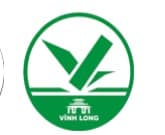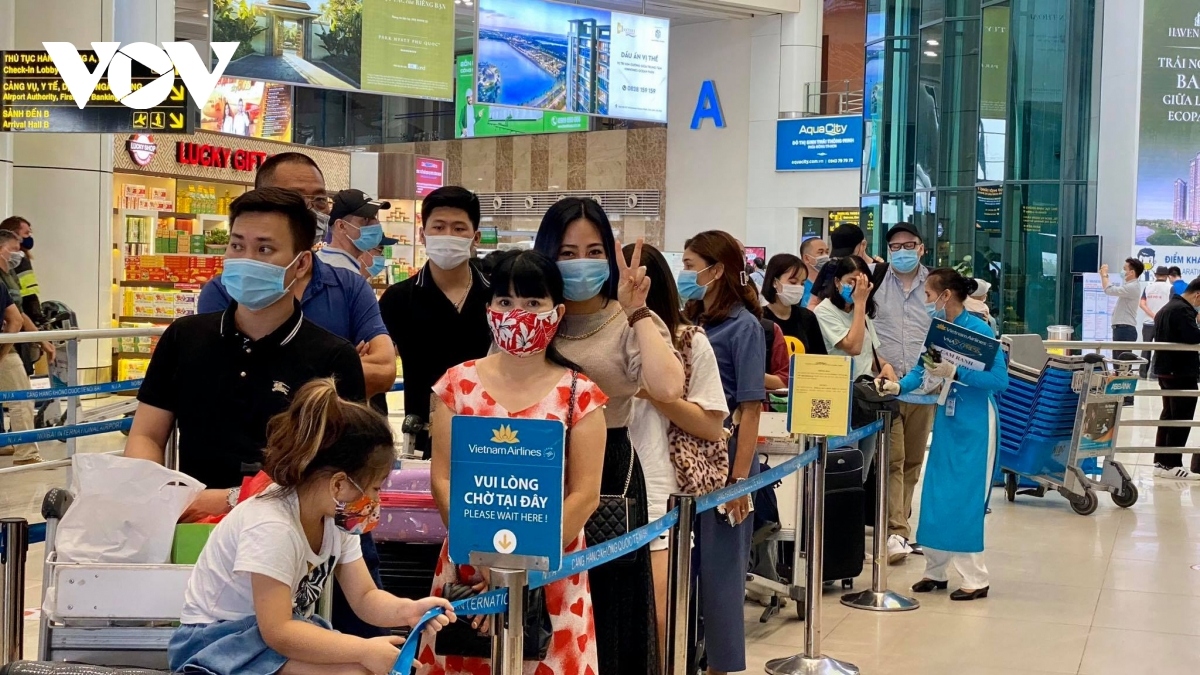
In the first phase, airlines will operate regular flights between Vietnam and nine other countries and territories, namely China, Japan, the Republic of Korea, Taiwan (China), Thailand, Singapore, Laos, Cambodia and the United States.
The first phase will last for two weeks, starting from December 15.
Aircraft will take off and land at Noi Bai International Airport in Hanoi and Tan Son Nhat International Airport in Ho Chi Minh City. There will be four flights/week on each way for each side. About 14,000 people are expected to enter Vietnam during this phase.
The second phase will last for a month, starting from January 1, 2022. Airlines will operate flights to/from six other countries and territories, namely Malaysia, Hong Kong (China), France, Germany, Australia and Russia.
Besides Noi Bai and Tan Son Nhat, other international airports of Da Nang, Cam Ranh, Phu Quoc and Van Don will be used to receive incoming visitors.
The frequency of flights will be increased to seven per week for each side. Vietnam is expected to receive approximately 40,000 people per week during this phase.
Passengers wishing to visit Vietnam are required to receive full vaccine doses and have a negative COVID-19 test 72 hours before departure.
Examining the proposal at a meeting in Hanoi on December 9, Deputy Prime Minister Pham Binh Minh noted that the resumption of international commercial flights is to meet the ‘requirement of the actual situation, especially in the face of a high travel demand at the end of the year.’
He requested that there should be a single medical declaration software applicable to people upon entry to facilitate disease control and movement. He also called for better communication campaigns to help people understand the purpose of reopening international routes.
A representative of the Ministry of Culture, Sports and Tourism said that about 1,179 foreign visitors have arrived in Vietnam on pilot flights since mid-November, and no positive cases have been reported. The ministry expected that Vietnam would welcome more than 15,000 international visitors by the end of December.
Meanwhile, representatives of the Ministry of Foreign Affairs and Ministry of National Defense emphasized that the reopening of international commercial routes requires careful preparations to both support Vietnam’s negotiations with other countries on the principle of reciprocity, and at the same time ensure smooth implementation throughout the country.
Deputy PM Minh assigned the Government Office to summarize the opinions of the ministries and report to the Prime Minister.








![[In Pictures] Elephant-friendly tourism in Dak Lak](https://daktip.vn/wp-content/themes/daktip/thumb.php?src=https://daktip.vn/wp-content/uploads/2024/03/v1-6591.jpg.webp&w=320&h=240&zc=1&q=100)

